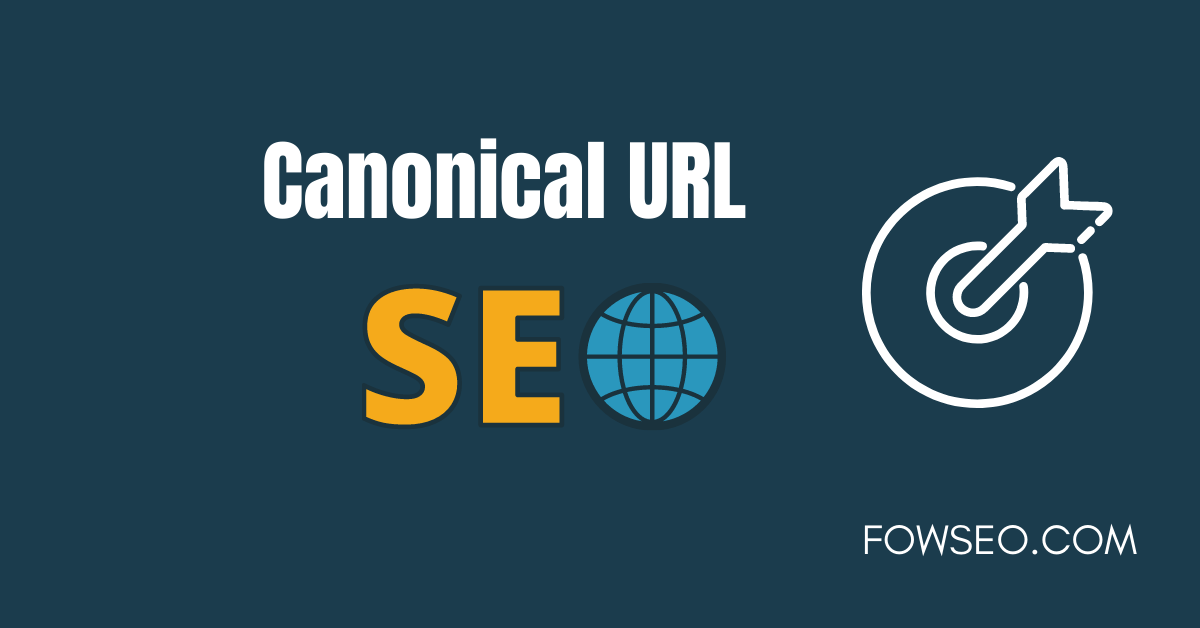A Canonical URL in SEO refers to an HTML element that helps search engines avoid duplicate content problems in search engine optimization. It is defined in the Canonical URL in SEO as the last URL mentioned in a hyperlink. It has been around for quite a while and is still quite controversial in some circles. Nevertheless, it is useful in ensuring that a website appears in multiple search results. Many search engines (especially Google) use a Canonical URL to determine which pages a search query should return, helping provide a better user experience.
How does Google Search Engine Works?
Before we get into what is the canonical URL in SEO, it is important to understand exactly how Google works. Google is a search engine that operates using keywords. The result is a list of websites (together with their tags and description text) that have been indexed in the Google indexing system.
This means that any page can be searched, although how this actually works differs from site to site. In Google’s eyes, a website that contains many variations of the same keyword is a poor user experience. Some people, for example, limit their search to specific punctuation marks, hyphens, and spaces. In Google’s eyes, this makes the search less cluttered while providing better usability for the end-user.
Check for Canonical URL
The first thing to understand is how Canonical URL in SEO works. The term is used to describe how a hyperlink on a website is arranged in Google. For example, a link to a company’s main webpage can be placed in many different ways, such as using the name of the company within the link itself or using the full name instead. The first example would result in what is called “deep linking”, whereby the search engines see the same information on several pages within the website. The second example would result in “links with the anchor text”, where the anchor text refers to the page the link is supposed to appear on.
Also Read: The Importance of Quality Content in SEO
Deep Linking
Deep linking and anchor text is seen by the search engines as being part of natural web searching. So what is the canonical URL in SEO? SEO is really about search engine optimization and naturally using keywords to attract visitors. So a website that has both deep and shallow links, as well as a variety of anchor texts will still be found by the search engines as being natural, and therefore relatively spam-free.
Keyword Count
keyword Count also known as Keyword density is the number of times a keyword appears. However, if that same page also contains the keyword once, but in a different position within the text, this will not count against you, as it is not counted as an impression for that keyword.
So a good way of seeing how important keywords are for search engine optimization is to work out how many times the keyword appears throughout the whole page, not just in the heading or within the article text.
Optimal Keyword Density
A final point that SEO professionals will be familiar with is the importance of using the right numbers when optimizing. For some search engines, the density count is the determining factor when it comes to keyword density. Other search engines, such as Google, count the number of times the keyword appears, and so, the higher the number of times the keyword appears, the better the ranking. So, if your target audience uses the keyword a lot, you need to make sure that it appears plenty, but if the audience is heavily targeted on other search engines, the density count can be ignored, as the keyword will probably be disregarded anyway.
Conclusion
A good question to ask yourself when thinking about what is canonical URL in SEO? Is it really worth the time? I would say yes. Spend a few hours optimizing a single page, see what happens, ask friends for their opinions, and see what they come up with! Chances are that you’ll find that the answer is definitely “yes” to the question and that you should start to optimize your pages more often!



